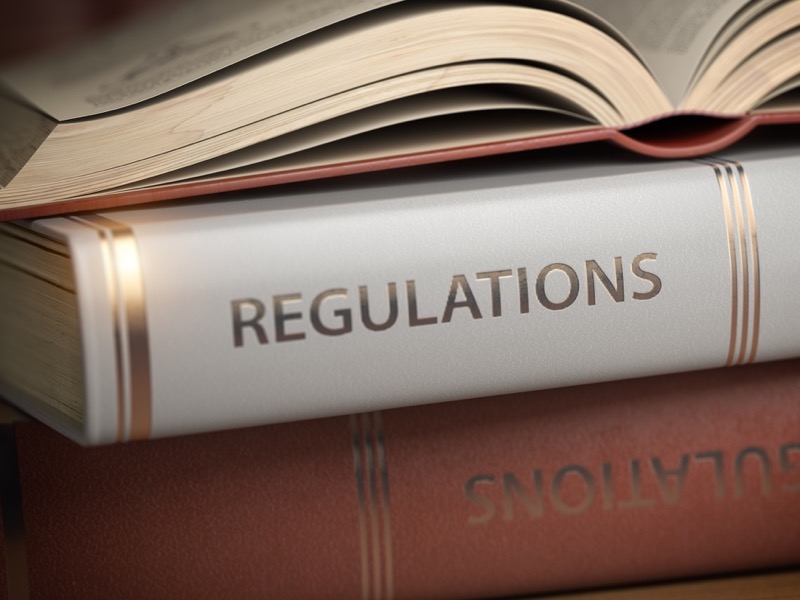
While certain regulators in Europe have banned short-selling, Canadian authorities see no reason to follow suit.
The Canadian Securities Administrators (CSA) and the Investment Industry Regulatory Organization of Canada (IIROC) issued a joint statement saying that short-sellers aren’t to blame for the recent drop in Canadian equity markets, and the regulators aren’t inclined to intervene to prevent shorting.
The statement acknowledged that the Canadian regulators are monitoring the decisions of other regulators to ban short-selling, but that in Canada “there is no evidence that short-selling activity has been the driver of recent market declines.”
The regulators reported that there has been no surge of short-selling pressure in Canada.
“IIROC’s data show that short-selling activity continues to represent a low percentage of total market activity and remains consistent with short-selling activity prior to the pandemic,” they said.
During the financial crisis in 2008, Canadian regulators imposed some curbs on short-selling for inter-listed stocks in response to restrictions that were introduced in other markets.
Yet, a post-mortem found that those restrictions harmed market quality, by reducing liquidity and increasing trading costs, while not doing much to stabilize markets.
Now, the regulators are confirming the importance to investors of allowing short-selling.
“We recognize that many investment and risk management strategies rely on the ability to take both ‘long’ and ‘short’ positions,” the regulators noted in their joint statement. “These strategies benefit a wide range of retail and institutional investors both directly and indirectly, and any changes or restrictions to short-selling could negatively impact these benefits.”
Moreover, they stressed that markets have continued to function amid a large increase in trading volume, market circuit breakers have operated as expected and market surveillance remains vigilant.
“IIROC has a robust framework in place to monitor short-selling, and detect and intervene in instances involving abusive or manipulative trading,” they said.
The regulators also noted that there are rules regarding the practice of short-selling that must be followed, including short-marking, reporting and borrowing requirements.
Dealers are expected to “reasonably ensure that clients initiating short sales have the securities available for delivery,” they said.
The regulators also stressed that they’ll tolerate no abusive trading.
“The CSA and IIROC will continue to examine new information from any market participant, including issuers and the public, regarding suspected instances of abusive short-selling and other forms of market manipulation,” the said. “If warranted based on either new information or from analysis, we will consider limiting short-selling on particular securities.”
They stressed their commitment to vigilant oversight, and ensuring that markets continue to work despite extraordinary conditions.
“During this period of increased volatility, CSA members are in close contact with IIROC’s surveillance and analytics teams, to ensure our markets continue to function in a fair and orderly manner,” said Louis Morisset, chair of the CSA and president and CEO of the Autorité des marchés financiers.
“IIROC’s market monitoring and surveillance functions remain robust, secure and resilient — and despite the significant volume and volatility of current market conditions, our systems continue to perform well,” reported Andrew Kriegler, president and CEO of IIROC.
“Over the past several weeks, IIROC has managed four market-wide circuit breakers and an increased number of single-stock circuit breakers,” he said. “All breakers have operated as designed: to mitigate the risks of short-term price movements and ensure fair and orderly markets.”